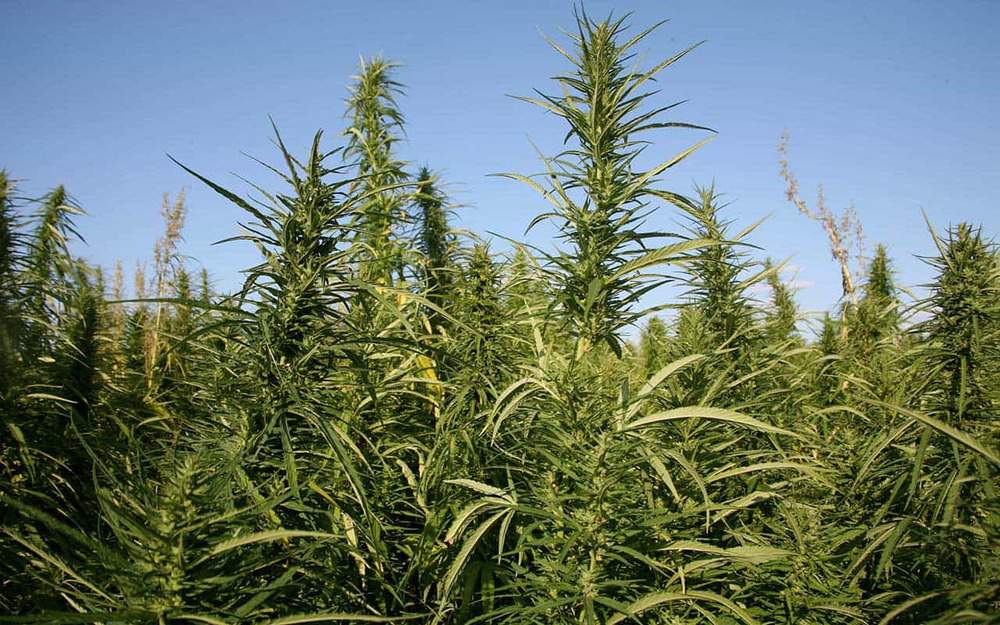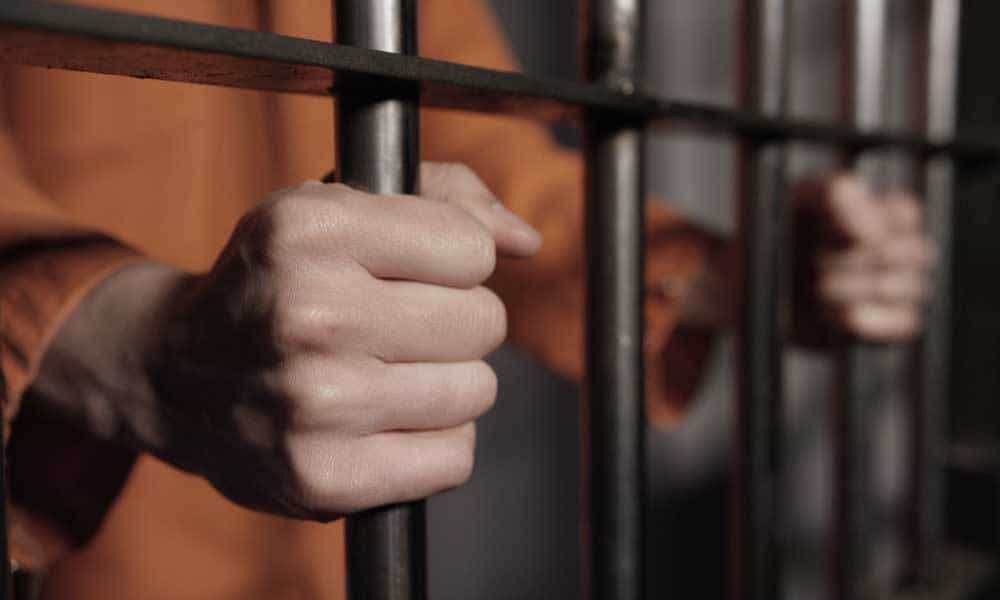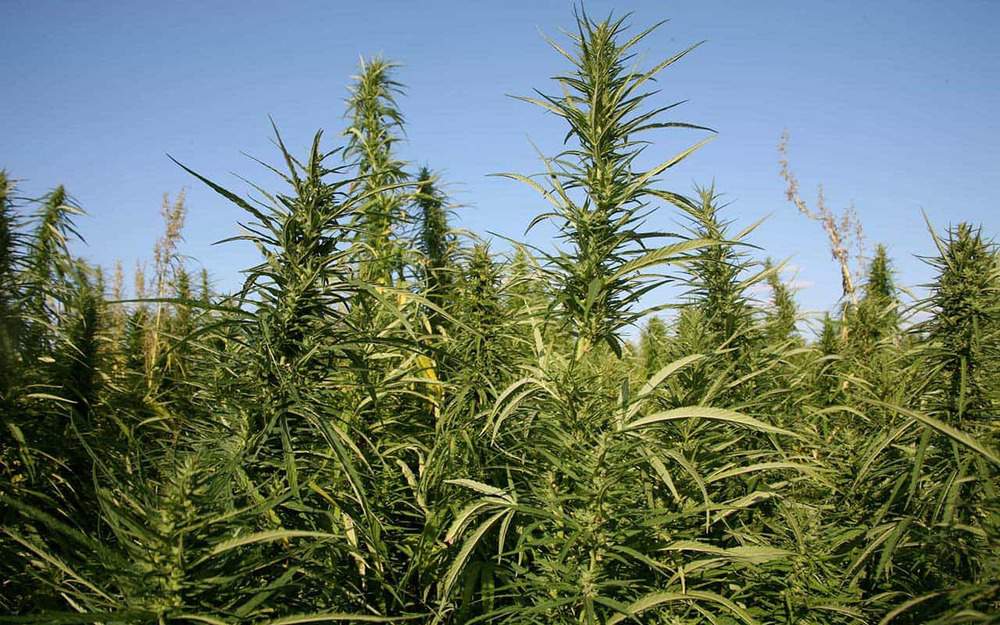Primary schools are being forced to ration vegetables and TSA employees are too “sick” to work airport security without pay– the federal government shutdown is undeniably wreaking havoc on the United States. And the cannabis world is far from immune, either: waterless hemp farmers and non-violent drug offenders stuck in prison are anxiously waiting for Trump’s wall gambit just like the rest of us. But these are yet another group of people suffering the consequences of an incompetent leader.
Trump shut down the government on Dec. 22, 2018. Since then, a number of unproductive talks have occurred between the president and representatives from both major political parties; each jockeying to maintain the support of constituents throughout the unprecedented shuttering of federal services.
On Saturday, Trump offered to extend the Deferred Action for Childhood Arrivals (DACA) Act by three years in exchange for Democrat support in building his $5 billion wall along the US-Mexico border. This attempt by Trump supporters to solicit money from citizens to build the wall fell short—by approximately $4.8 billion.

Dan Skye/High Times
Hemp Farmers Can’t Cultivate
As politicians politick, the shutdown threatens the livelihoods of thousands. One group affected is the country’s newly legal hemp farmers, who were primed to irrigate their first crop since the US Farm Bill lifted growing restrictions, with federal water.
For some, that availability could make or break their commercial viability. Montana senator Jon Tester and Colorado’s Senator Michael Bennet have raised an alarm about the potential blockage the shutdown can– and will– create if the federal government doesn’t get it together.
In a letter to Brenda Burman, the Bureau of Reclamation commissioner, Tester and Bennet wrote: “For those folks that have access to BOR water we did not want the Bureau of Reclamation to say, ‘Well you can raise hemp but you just can’t use BOR water to irrigate it with.’ That’s not what we wanted. We wanted to have it open so that they can raise the hemp and increase their bottom line.”
Tester commented that farmers currently mapping out their spring crops need assurance now whether or not they will be able to count on access to federal water.
Non-Violent Drug Offenders are Stranded in Prison
Even more serious is the plight of the non-violent drug offenders whose sentences were meant to be reduced by the First Step Act, a rare piece of bi-partisan legislation that’s somehow snuck through during the Trump regime. It promises to reduce the US’ sky-high prison population. The country is currently incarcerating 2.2 million people, giving it the world’s highest rate of imprisonment.
The First Step Act will increase resources for job training and other programs meant to facilitate reintegration into society for those who have been federally incarcerated. It also thrilled the families of people currently in prison, as it allows for early release programs and the retroactive extension of a 2010 law reducing sentences for crack cocaine. The latter stipulation alone makes approximately 2,660 inmates eligible for release. And some have already made it to freedom.
Less lucky are the inmates whose release depends on other adjustments to existing law. The US Justice Department was tasked to create a committee to navigate the remaining changes by Jan. 21; in particular, by creating a risk assessment tool it’ll use to determine who’s ready to leave prison. Alas, nothing is being done on this front because that committee isn’t working through the government shutdown.

Shutterstock
Nonprofit news organization The Marshall Project estimates that upwards of 4,000 prisoners are newly eligible for release under the First Step Act. But without the committee to enact new regulations, many of them must continue to wait in prison.
“The timeline in the bill was already ambitious,” Molly Gill, vice president of policy at Families Against Mandatory Minimums, told the New York Times. “The shutdown isn’t helping.” The paper’s attempts to contact Justice Department representatives for an updated First Step Act timeline were rebuffed.
An important change the bill implements is the way in which early release is calculated for good behavior. Under the First Step Act, well-behaved inmates will get an automatic 54-days knocked off their sentence each year, in contrast to the previous 47-days-per-year.
Those serving time can do the math— and are not impressed the shutdown has extended their time behind bars. “The law passed but they are not making any moves,” Amadi Busiris, who’s at the end of a 30-year stint for conspiracy to distribute drugs, told the New York Times. “We are just stuck.”











